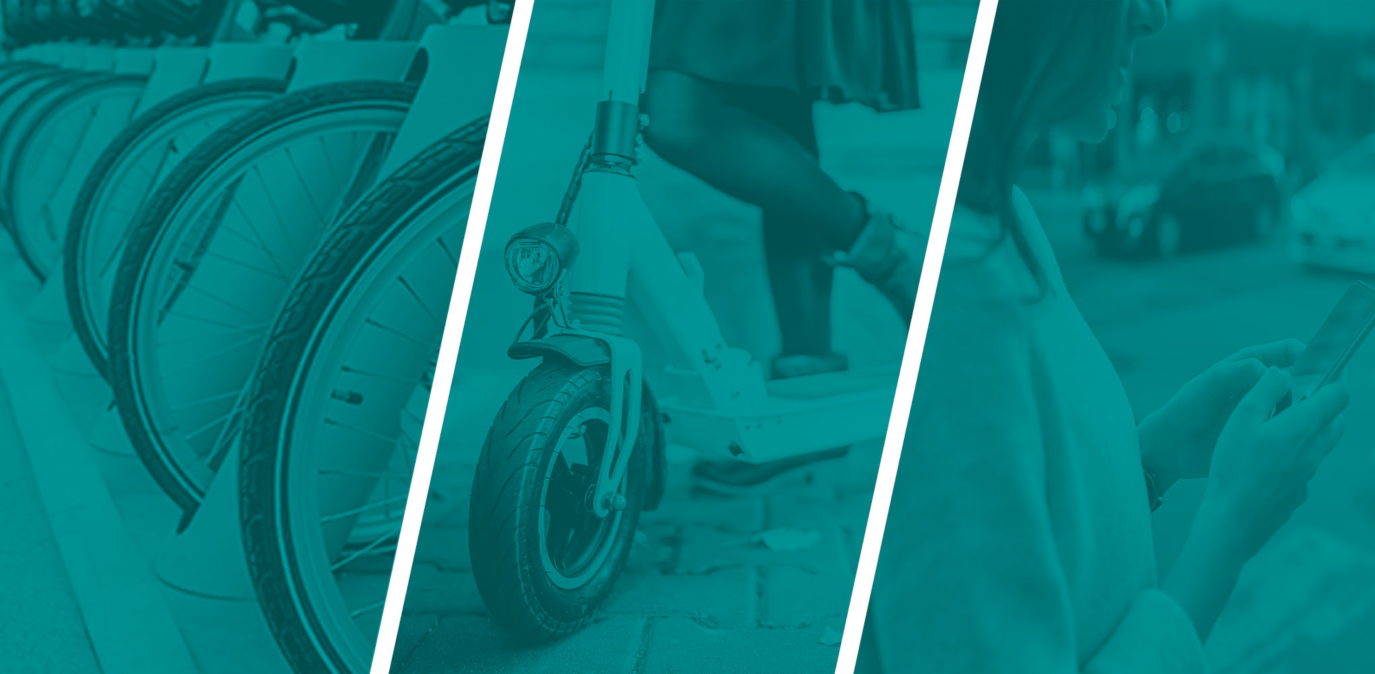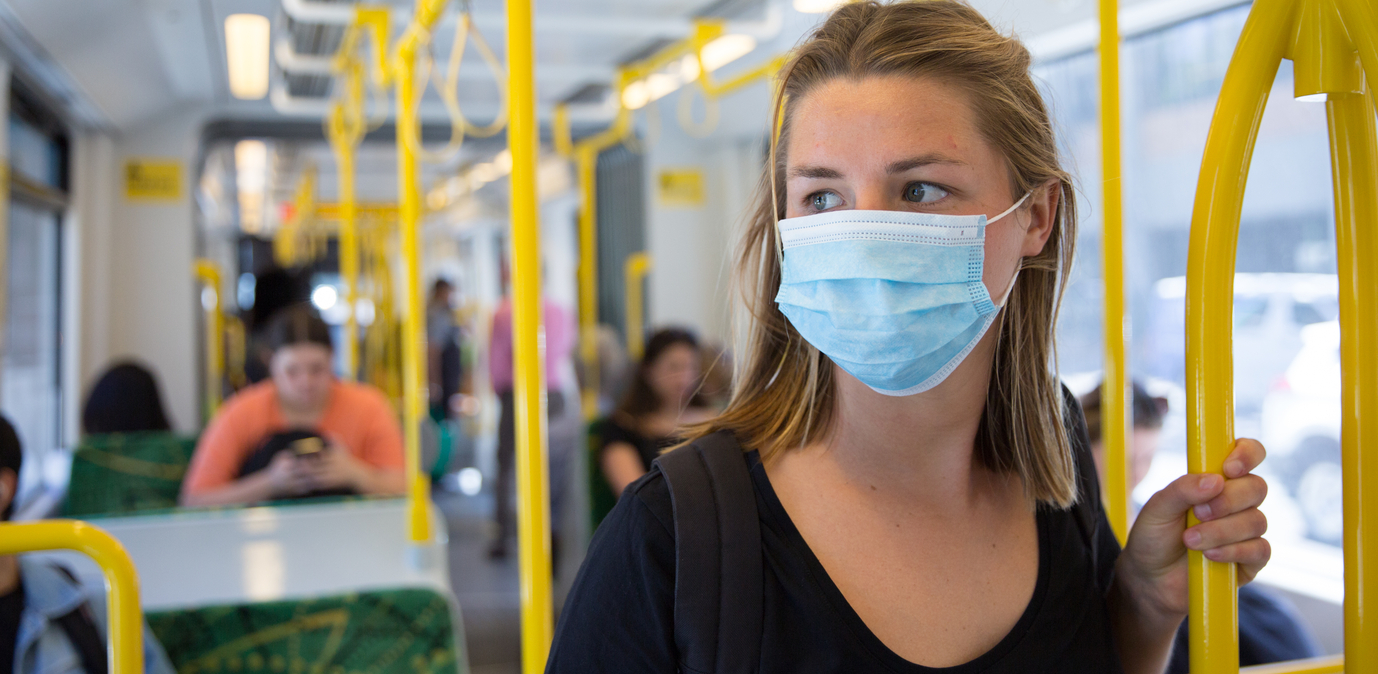Top 3 On-Demand Mobility Stories in Europe - 31 Jan 2019
by Inline Policy on 31 Jan 2019
1. Uber and Cabify pull out of Barcelona, Madrid could be next
Today (31 January) saw the latest twist in the tortuous history of ride-hailing regulation in Spain as the Government of Catalonia passed a law requiring a minimum 15 minute period between a passenger ordering a ride and the car picking them up. The announcement follows continued and sometimes violent strikes by taxi drivers in Barcelona and other Spanish cities. Both Uber and Cabify announced that they would be suspended their services in Catalonia as a result. Meanwhile in Madrid, the regional and city governments are proposing regulations that would oblige vehicles to be a minimum distance from passengers before they are able to be hailed. Those proposals are currently being considered by taxi drivers.
2. Barcelona MaaS app goes live
With no hint of irony, today also sees the launch of Barcelona City Council's MaaS app, called "smou". While you won't find any ride-hailing services on the app, you can pay for your parking, find electric vehicle recharging stations, shared bicycle stations and even shared cars via Drivy. Also notably absent from the app are the Barcelona bus and subway networks, which are accessed via a separate app run by Transports Metropolitans de Barcelona (TMB). The TMB comes under the authority of the Àrea Metropolitana de Barcelona rather than Barcelona city council under Spain's fiendishly complex system of local government. It is therefore quite limited as MaaS apps go, albeit it provides a basis from which to build.
3. Lime awaiting approval for scooter entry into Rome
Reports from Rome indicate that Lime has gained approval from the city council to launch a trial with 500 electric scooters in the city. Before the project can go ahead Lime requires permission from the national Transport Ministry, which will also rule on whether the scooters can be used on the road, in bike lanes, and/or on pavements. Rome has a patchy history with shared micromobility, having previously lost two shared bike operators from the city due to the level of vandalism. Lime is not leaving this to chance, saying the scooters will be collected up at 9pm to be recharged and redistributed.
This is a weekly note covering the top three developments in the regulation of on-demand transport in Europe. It covers taxis, ride-sharing, car sharing, carpooling, bikes, e-bikes, scooters, shared mopeds and anything else that's relevant to the sector. If you'd like to receive this direct to your inbox then please enter your email address below:
Topics: Transport, Sharing economy, Sharing and on-demand transport, Top 3 Mobility Stories This Week, Mobility






Comments